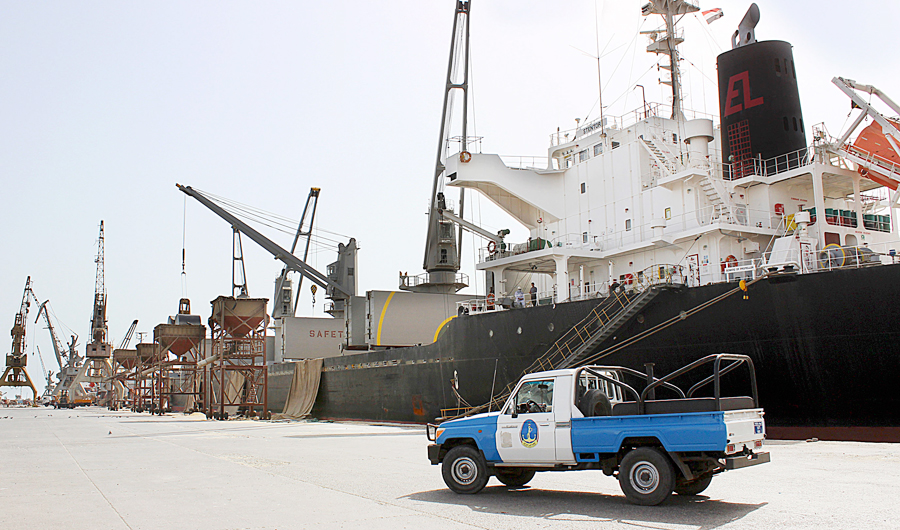Crypto-miners take down Iran electric grids, prompting crackdown
LONDON: Iran has ordered a crackdown on cryptocurrency miners after blackouts in major cities were attributed to the excess toll the activity takes on the energy grid.
Parts of Tehran, as well as Mashhad and Tabriz, have experienced repeated blackouts in recent weeks, temporarily halting production lines and plunging the cities into darkness.
State electricity company Tavanir said it had temporarily halted all known crypto-mining operations, including a Chinese-Iranian mine in Rafsanjan that is reported to have been consuming 175 megawatt hours — enough electricity to power an average Western home for 17 years.
Cryptocurrency mining is a process in which specialized computers complete progressively more difficult calculations to verify transactions and thereby produce cryptocurrencies, the most popular of which is Bitcoin.
The process is extremely energy intensive, meaning that cryptocurrency mining is most profitable in locations with cheap energy.
Because of significant state subsidies and excess fuel reserves held by Iran due to sanctions, oil-fueled electricity is very cheap in the country — less than 1 cent per kilowatt hour.
This has massively fueled production of cryptocurrencies in Iran, to the extent that in 2020, the country was responsible for 8 percent of all the world’s Bitcoin production.
The effect of the crypto-mining on Iran’s grids has become such a problem that the government is now offering a $4,750 reward for tips on illegal crypto-mining locations.
At $35,000 each, the price of Bitcoin has reached record levels in recent weeks, making mining of the currency particularly attractive in a place with few economic opportunities such as Iran.
The appeal of Bitcoin and other cryptocurrencies is also relevant for states and groups that operate on the fringes of the global economy, such as Iran, Venezuela and North Korea, as well as terrorist groups.
Bitcoins can be traded outside the traditional banking system, allowing Iran to circumvent economic sanctions on its financial sectors, and terrorist groups such as Hezbollah and Daesh to trade on the black market anonymously.
In 2019, Iran’s President Hassan Rouhani announced that his country would launch its own cryptocurrency to circumvent US sanctions, but little else is known about the project.
Despite the difficulty in tracing cryptocurrency transactions, in 2018 the US sanctioned two Iranians who had been converting cryptocurrency into Iranian rials on behalf of hackers who had targeted American corporations, hospitals, universities and government agencies.

Boom or bust? Say hello to cryptocurrency lendingCall for cryptocurrency curbs to protect consumers



